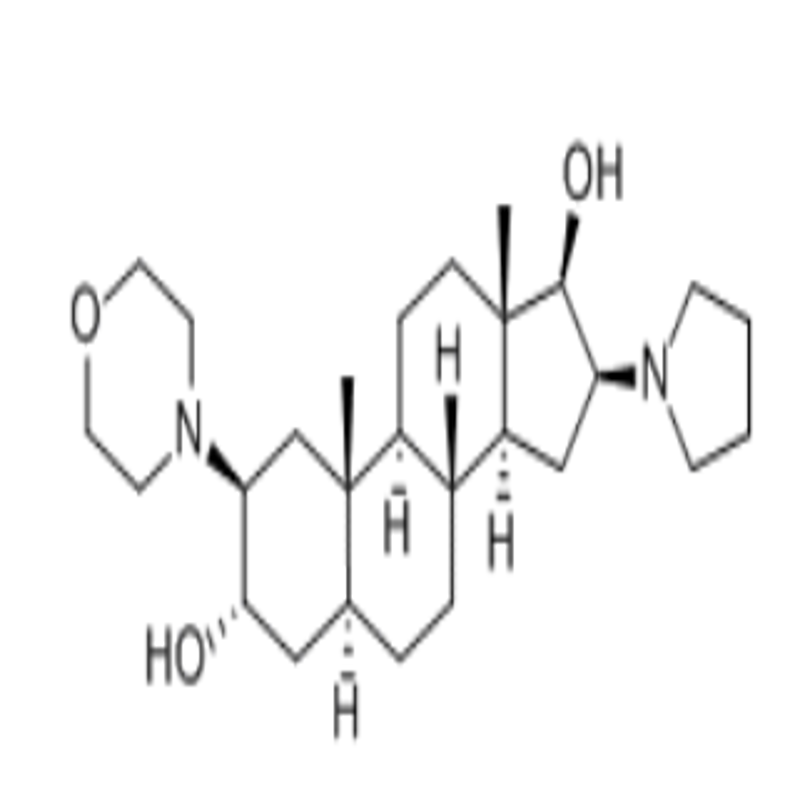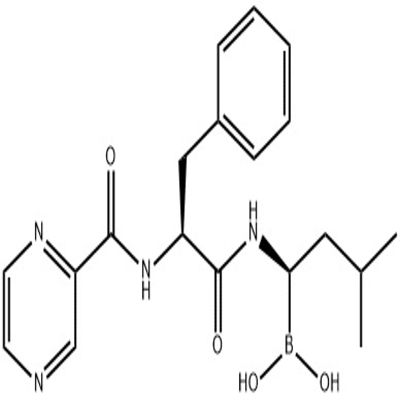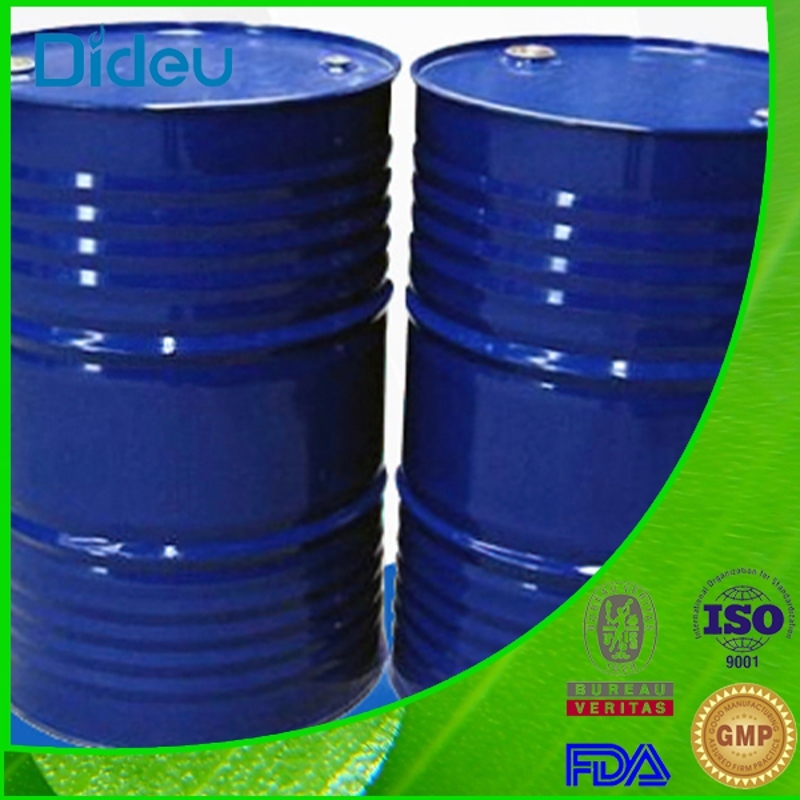-
Categories
-
Pharmaceutical Intermediates
-
Active Pharmaceutical Ingredients
-
Food Additives
- Industrial Coatings
- Agrochemicals
- Dyes and Pigments
- Surfactant
- Flavors and Fragrances
- Chemical Reagents
- Catalyst and Auxiliary
- Natural Products
- Inorganic Chemistry
-
Organic Chemistry
-
Biochemical Engineering
- Analytical Chemistry
-
Cosmetic Ingredient
- Water Treatment Chemical
-
Pharmaceutical Intermediates
Promotion
ECHEMI Mall
Wholesale
Weekly Price
Exhibition
News
-
Trade Service
1-Piperonylpiperazine (1-PPHP) is a chemical compound that is commonly used in various industrial applications, including as a solvent, a cleaning agent, and a fumigant.
The chemical is known for its ability to dissolve a wide range of substances, including greases, oils, and resins, making it a useful chemical in the chemical industry.
However, there are also concerns about the safety of 1-PPHP, particularly in terms of its potential to cause health problems in humans.
One of the main concerns about the safety of 1-PPHP is its potential to cause respiratory problems.
The chemical is known to irritate the lungs and can cause coughing, wheezing, and difficulty breathing in people who are exposed to it.
In addition, 1-PPHP has been shown to cause liver damage in animals, and it is possible that it could have similar effects in humans.
Another concern is the potential for 1-PPHP to cause cancer.
While the evidence for this is limited, some studies have suggested that the chemical could cause cancer in animals, and it is possible that it could have similar effects in humans.
Despite these concerns, 1-PPHP is still used in a variety of industrial applications, and it is important for workers who handle the chemical to take appropriate precautions to protect themselves from its potential health effects.
This may include wearing protective equipment, such as respirators and gloves, and taking steps to ventilate the area where the chemical is being used.
In addition, it is important for workers to be aware of the signs of exposure to 1-PPHP, which can include coughing, difficulty breathing, and skin irritation.
If any of these symptoms occur, workers should seek medical attention immediately.
It is also important for workers to be aware of the potential long-term health effects of exposure to 1-PPHP.
While the evidence for these effects is limited, it is possible that the chemical could cause health problems in humans over time, particularly if exposure is frequent or prolonged.
In conclusion, while 1-Piperonylpiperazine (1-PPHP) is a useful chemical in the chemical industry, it is important for workers to take appropriate precautions to protect themselves from its potential health effects.
This may include wearing protective equipment, taking steps to ventilate the area where the chemical is being used, and being aware of the signs of exposure.
It is also important for workers to be aware of the potential long-term health effects of exposure to 1-PPHP, even though the evidence for these effects is limited.
By taking these steps, workers can help to ensure their safety and minimize the risk of health problems associated with 1-PPHP.







